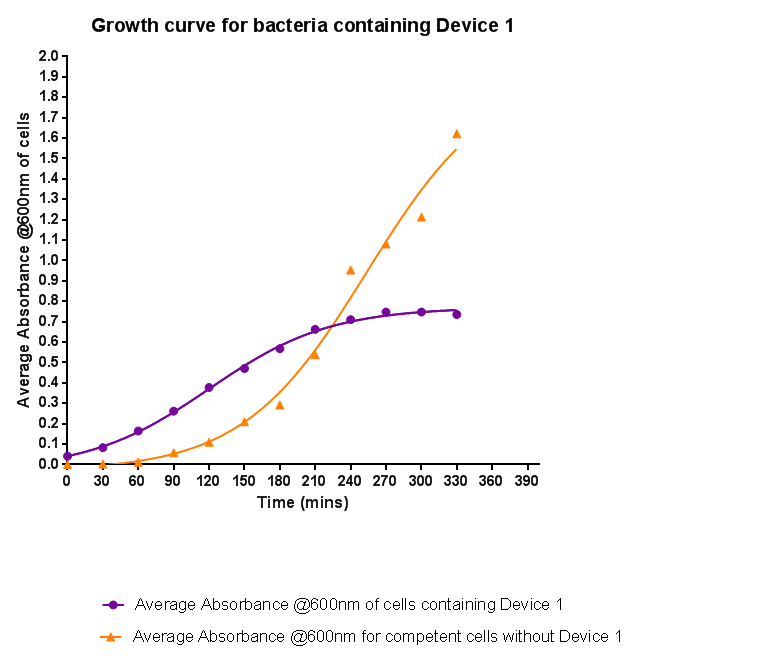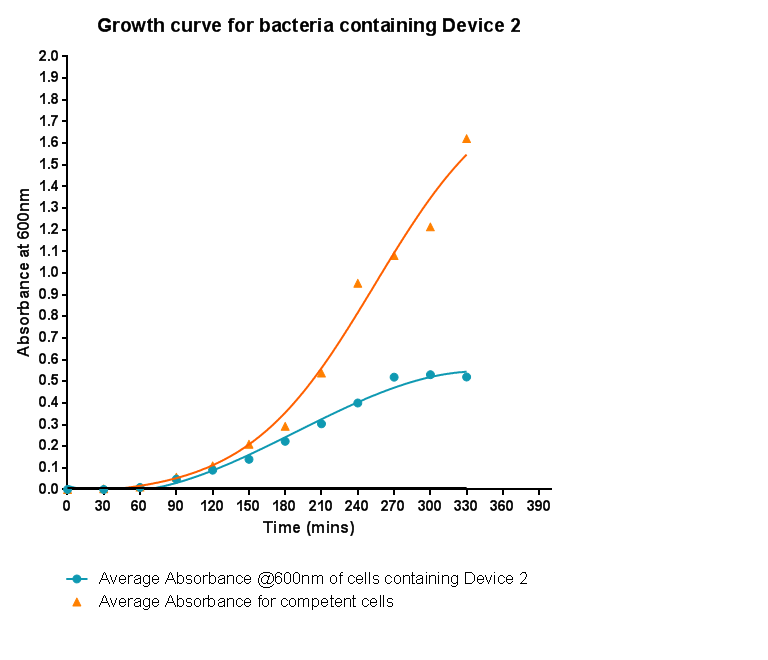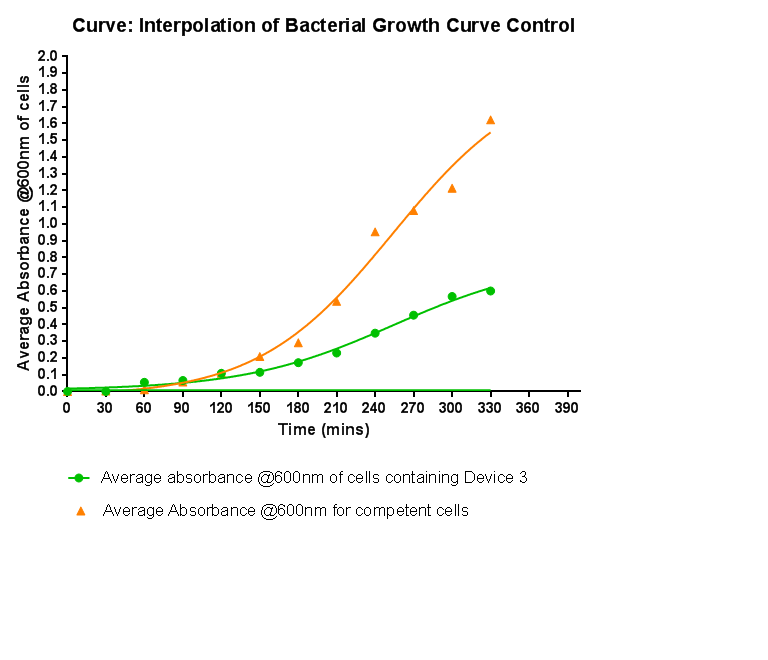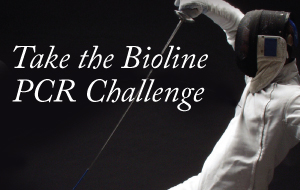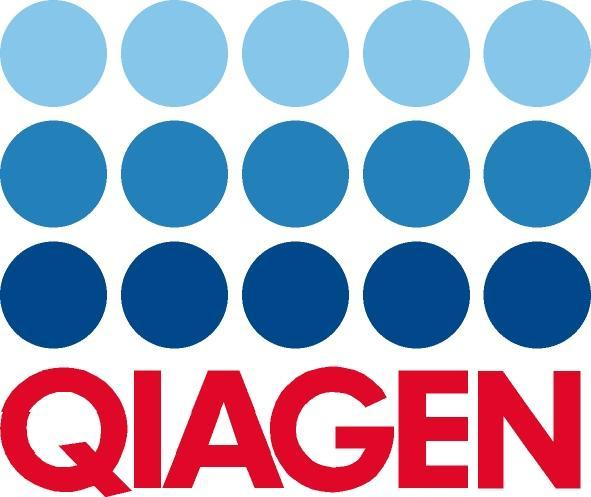Team:Leeds/Results
From 2013.igem.org
m |
m |
||
| Line 23: | Line 23: | ||
===DNA Ladder Calibration Graph=== | ===DNA Ladder Calibration Graph=== | ||
[[File:Leeds_DNAladdergraph.png|right|500px|DNA Ladder Calibration Graph for GFP Digestion, click for full image|frameless]] | [[File:Leeds_DNAladdergraph.png|right|500px|DNA Ladder Calibration Graph for GFP Digestion, click for full image|frameless]] | ||
| - | From this graph we can work out that one fragment is around | + | From this graph we can work out that one fragment is around 2800bp long, while the other appears to be 4000bp long - far longer than the plasmid at 2858bp long. Through digestion, it has been linearised by a single EcoR1 digest. The fragment corresponds to what we expect so our digest was succesful, despite not all of the plasmid being digested. |
<br style="clear:both" /> | <br style="clear:both" /> | ||
==Characterisation of Device 1== | ==Characterisation of Device 1== | ||
Revision as of 18:59, 13 August 2013
Here are Our Results from the lab so far
Bacterial growth curvesWe are monitoring the growth of our bacterial devices to see if any of the genes we have inserted have an effect on bacterial growth. Control Bacterial Growth CurveThis growth curve shows the lag phase and log phase of untransformed bacteria. The graph also shows that the bacteria do not grow in the presence of chloramphenecol. Our bacterial device will grow in the presence of chloramphenecol. We will use this graph as a comparison with our bacterial device.
Agarose Gels For DigestionsFor every Digestion we do we will run a gel to ensure the digestion was successful, and use gel extraction kits to obtain purified DNA. Digestion of plasmid containing Green Flourescent ProteinThe part [http://parts.igem.org/Part:BBa_K081012:Design K081012] was digested with EcoR1 and a gel run to make sure the fragment(s)are of the correct length. This gel shows the bands obtained by EcoR1 digestion of BBa-K081012. There are 100bp ladders and 1kbp ladders. This gel was used to work out the size of the fragments obtained.
DNA Ladder Calibration GraphFrom this graph we can work out that one fragment is around 2800bp long, while the other appears to be 4000bp long - far longer than the plasmid at 2858bp long. Through digestion, it has been linearised by a single EcoR1 digest. The fragment corresponds to what we expect so our digest was succesful, despite not all of the plasmid being digested.
Characterisation of Device 1
Growth Curve
Restriction Digests
Plate Imaging
Membrane Stress - Hydrophobic Stress
Membrane Stress - Changes in pH
Membrane Stress- Atomic Force Microscopy
Characterisation of Device 2Growth Curve
Restriction Digests
Plate Imaging
Binding assay-washing beads
Binding assay-Confocal Microscopy
Characterisation of Device 3
Growth Curve
Restriction Digests
Plate Imaging
Binding Assay-Beads cause fluorescence?
| |||||||
 |
| ||||||

| |||||||

| |||||||
 "
"






